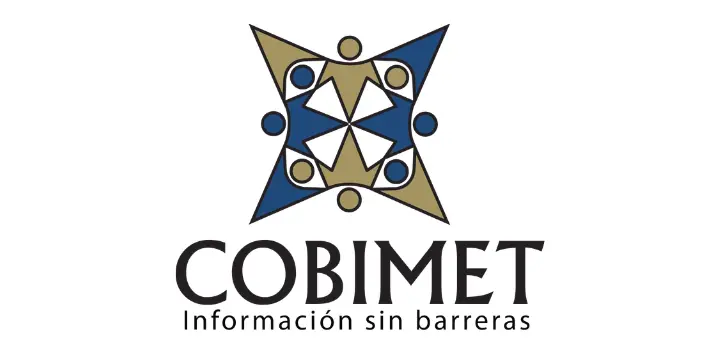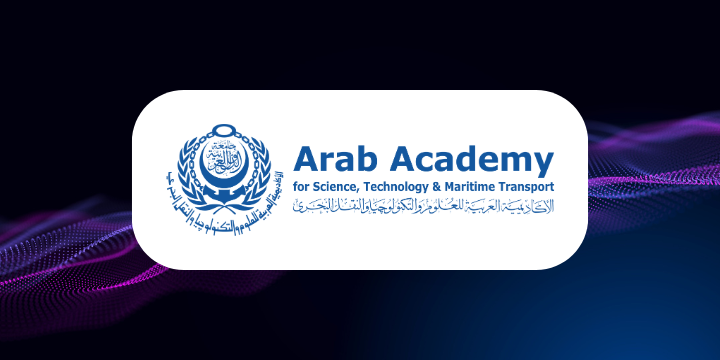The purpose of the GOLA (Global Online Learning Alliance) meeting for university vice chancellors and senior leadership officers from Africa, organised in partnership with Kortext, was to discuss the best approaches to enabling remote learning for students in higher education. The online video conference took place on 10th February and was attended by over 102 leaders from across the African HE sector, representing countries such as South Africa, Nigeria and Ghana to name a few. Participants were encouraged to discuss the actions and policies of their universities, and to make recommendations where appropriate.
The opening speakers discussed the importance of universities being flexible and adapting to the sudden change whilst making every effort to avoid deepening the digital divide. As Sir Steve Smith stated in his closing comments, “there was no handbook for dealing with this pandemic and universities have needed to act humbly and in a collaborative fashion to best meet the challenges faced”. University leaders have noticed a shift in the nature of the relationship between academic staff and students, with a growing mutual respect because of the challenges faced. A massive effort was required from all stakeholders to ensure continuity of education and to maintain the contact between institution and students. The question remains how best to ensure student engagement when studying remotely and the general feeling is that Covid will prove to be the catalyst for new pedagogies, new methods of learning, and more expert use of technology. Will the Covid experience lead to any significant re-invention of education? Answering such a question lies at the heart of the role of universities. One thing is for certain, good learning analytics shared across institutions can play a major role in student retention, improving student outcomes, course quality improvements and teacher professional development.
Key Findings
Preparedness
Nobody was ready for Covid, however, those universities that had already invested significantly in blended or distance learning technologies prior to the onset of Covid fared much better than those that hadn’t. Remote learning enforced by campus closures can leverage the technologies deployed within blended or distance learning approaches, but this is also dependent on the digital literacy of both students and lecturers.
Cost
Online synchronous activities (such as Zoom, Teams, etc) can help ensure immediate delivery, however, this didn’t work for all remote students (or lecturers) where bandwidth or power availability is variable. In practice it is clear that there is a need to redesign curricula and teaching methods to further support asynchronous learning methods with offline accessible resources.
Collaboration
Whether it be collaboration amongst universities or with other stakeholders in government and industry. No university can deal with all the challenges alone. Connectivity and the ICT infrastructure across Africa remains a major challenge that has been tested to the limit with the need for remote learning. This and the cost of data need to be addressed urgently by governments and telecommunications operators.
Assessment
The grading of students is essential, and concerns remain over the integrity and authenticity of online assessment. Changes to accreditation take too long to respond to the sudden impact of enforced remote learning caused by events such as Covid and strategies need to be put in place to mitigate this risk in the future
Learning Management Systems
Learning management systems have been in place for some time in many universities but are not generally used to their full potential. This is now changing as the LMS becomes the centrepiece of remote learning; however, an offline capability is essential for many regions in Africa to counter connectivity issues mentioned above.
Conclusion
One of the biggest lessons over the last year has been around the readiness of academic staff. Nobody has been through such an experience before, there is no playbook and many staff in universities were simply not equipped – both in terms of a good standard of laptops and the necessary pedagogical guidelines for teaching online. The balancing act now is to ensure a focus on the needs of academic staff as well ensuring the continuity of education for students.
With universities moving to more blended learning programs, time and resources need to be invested in digital skills and especially the ICT infrastructure. With the true state of online connectivity exposed for what it is in many parts of the world, African governments must surely now be looking at far more robust partnerships with the telecommunications operators. After all, a truly equitable and well-connected education system with greater use of devices can only be of benefit to the operators and hence their collaboration and contribution is essential.
Download full report.
Contact us to find out more.






